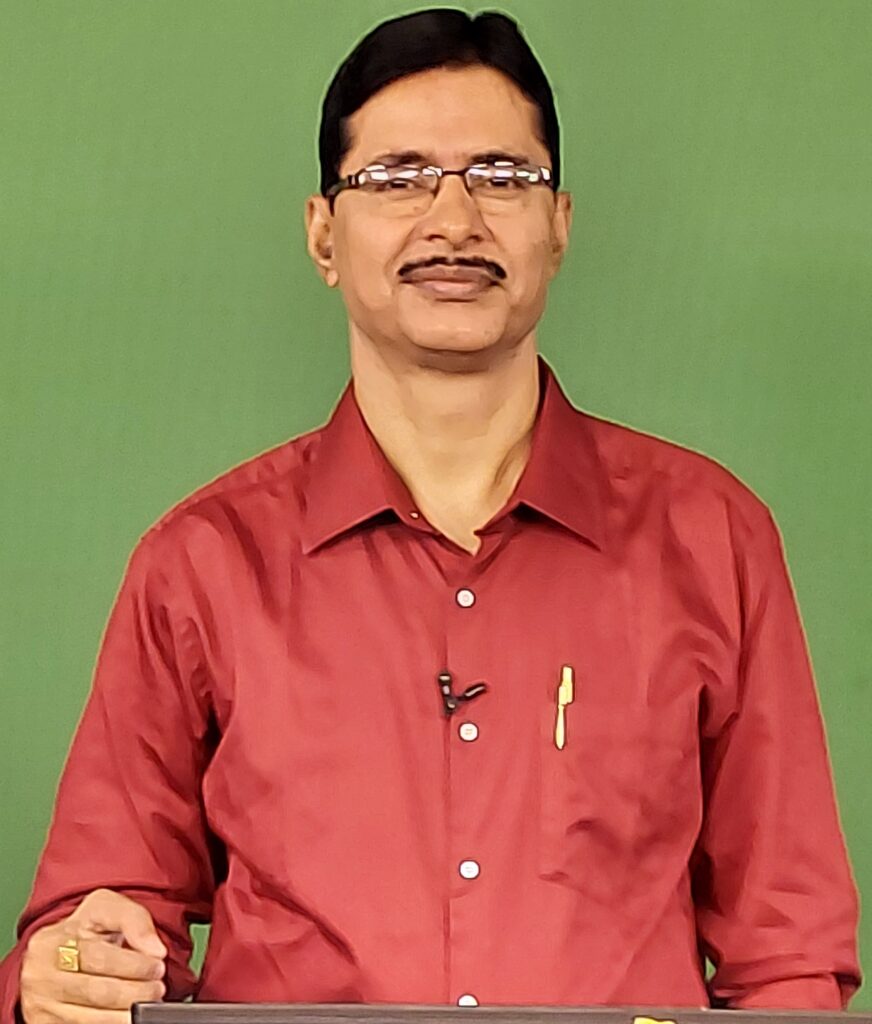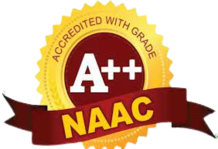Prof. Anil Kumar Singh Jha of Department of Sociological Studies, Central University of South Bihar, Gaya, developed ten courses on Sociology of Sanitation for Swayam Prabha DTH Channel. The recording of the course took place in the Studios of Media Technology Centre at Indian Institute of Technology, Kanpur. Swayam Prabha is a group of DTH channels devoted to telecasting quality educational programmes 24 hours a day, 7 days a week. It is a part of NPTEL (National Programme on Technology Enhanced Learning), which is a joint venture of the IITs and IISc, funded by the Ministry of Education (MoE) Government of India.
While informing about the course on Sociology of Sanitation, Prof. Jha brought to light the close connections between sanitation and sociology and argued that it is not the resources but rather the beliefs, practices and customs of people related to health and environment that matter in improving the sanitary conditions in India. The course includes the deliberations on historical background of sanitation, relation of sanitation with caste, gender and environment, situation of sanitation at national and international levels, different schemes and policies of Govt. of India and role of Sulabh International in the field of sanitation, etc. Prof. Jha further informed that this course will be useful for the students, research scholars, faculty members, NGO workers and other concerned interested in the field for deciphering the magnitude and relevance of sanitation. Prof. Jha had developed ten courses on Sociology of Sanitation even before these courses, the telecast of which is scheduled in January 2024. The expert of Sociology of Sanitation, Prof. Jha is presently working on a research project on sanitation, funded by Govt. of India.

The Vice-Chancellor of CUSB, Gaya, Prof. Kameshwar Nath Singh, congratulated Prof. Jha and said that the content of the course is very pertinent and there is urgent need of developing such courses for creating awareness in the society and making change in the behavioural pattern of the individuals. The faculty members of the university also appreciated and congratulated Prof. Jha for his academic achievement.

